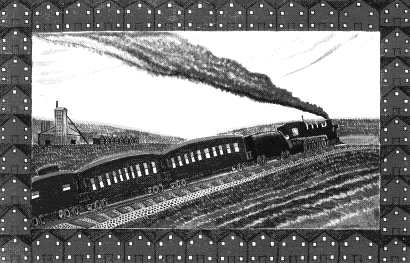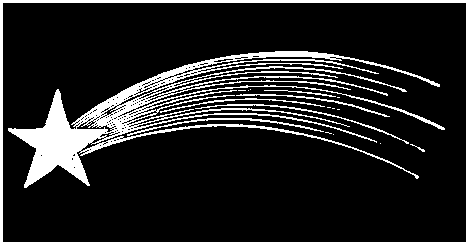Other Times
Olga Tokarczuk
Antonia Lloyd-Jones, Translator
(Twisted Spoon)

- At the centre of Primeval God has raised a large hill, onto which each summer the maybugs swarm down, so people have named it Maybug Hill. For it is God's business to create, and people's business to name.
Through the kindness of author Tokarczuk, we get to spend a few years in the Polish town of Primeval ... from 1914 to now. There are gods and angels, and wars and disease and famine, love and good times and babies and food and death.
As she is dying --- we were also there when she was born --- Misia Boska's family knows that she "would be gone forever, all her recipes would be gone, all the chicken liver and radish salads, her iced chocolate cakes, her gingerbread, and finally, her thoughts, her words, the events she had taken part in, as ordinary as her life," and yet
- lined in darkness and sorrow, because the world is not friendly to mankind, and the only thing to be done is to find a shell for yourself and your loved ones, and stay in there until you are released.
"Meanwhile, until she died a month later, the whole time Misia saw nothing but the left side of the world, where her guardian angel was waiting for her, who always appeared at truly important moments."
Primeval and Other Times is small but epic, in the same way that, say, that a short story by Faulkner or Nabokov is epic. We follow a few families from beginning to end. Izydor, the wise fool; kindly Misia; grouchy Pawel; Squire Popielski who goes mad playing a game about life; Ukleja who beats Ruta; quick-tempered Boski; Cornspike who lives in the woods and sleeps with the men from the tavern. Ivan Muka telling Izydor,
- "Either God exists and has always existed, or" --- here he added the second finger --- "God doesn't exist and never has. Or else" --- the third appeared --- "God used to exist, but no longer does. And finally," --- here he poked all four fingers at Izydor --- "God doesn't yet exist and has yet to appear."
Into the bucolic lives of the people of Primeval comes The Great War, the Depression, World War II, the Nazi occupation, then the Russians. Life is less than bucolic, but even amidst the sounds and alarums of war and invasion, the author leavens all with a touch of softness and mysticism. When the German Kurt is killed, it is not a ripping as much as a gentle disappearance:
- As God could read Kurt's thoughts like a map and was in the habit of fulfilling his wishes, He allowed him to stay in Primeval forever. He set aside for him one of those single, random bullets that they say are carried by God.
Even within the omnipresence of death in this dark corner of the forest, there is the hint of other worlds: "When Boski died, he immediately realized he had made a mistake; he had died badly, carelessly, that he had made a mistake in dying and that he would have to go through the whole thing again."
- He also realized that his death was a dream, just like life.
After spending time there, Primeval becomes our town: not necessarily Thornton Wilder's Town (peopled not only by farmers and gentle eccentrics and storekeepers and "the squire"), but more a town subject --- as Poland has always been subject --- to the brute force of neighboring nation-states, armies of soldiers roaming through the gentle forests and streams to lay waste to the countryside, to drive the citizens from their farms and homes and mills, to impose the banal brutality of war on what could have been a valley of peace.
The 20th Century thus becomes a "Time of the Dead," where the cemeteries became noisier and noisier: "For only here did the dead gradually gain consciousness after life and find they had lost the time granted to them. Only after death did they discover the secret of life, and it was a futile discovery."
Occasionally we complain about the system of stars at this magazine: one star, lodged inconspicuously off there in our "General Index" to note a book of "especial merit." For works like Primeval there should be something a bit more flamboyant ... how about a blazing comet to call readers' attention to a singular work of beauty, translated with no little art?
